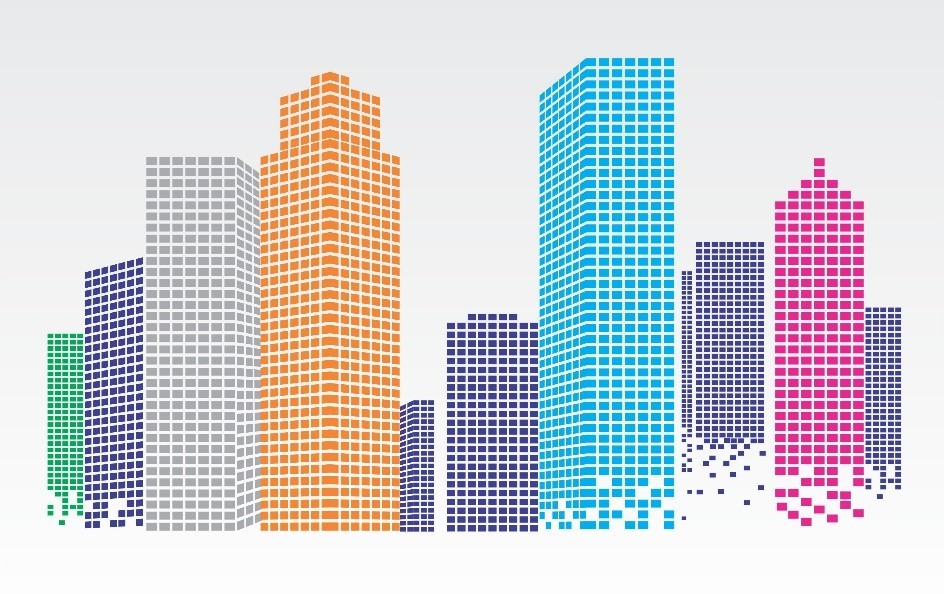Real Estate Tokenization Real Estate Assets Tokenization: What You Need to Know
28 de Novembro de 2020, 7:01 - sem comentários ainda | Ninguém está seguindo este artigo ainda.This is how blockchain can democratize real estate investing.
Blockchain technology allows a shared ledger to track transactions. It has witnessed tremendous growth and adoption from, for example, mega-companies such as IBM (NYSE: IBM). Note that the use cases are extensive. For example, blockchain technology is starting to be used for things like tokenizing real estate assets.
“Real estate tokenization refers to the securitization of a real estate asset by issuing a digital token on the blockchain representing ownership or economic interest in a real estate asset,” said Jesse Stein, co-director of Republic Real. Estate.
“The purpose of tokenization is to improve the efficiency of securitization, capital markets and shareholder management. There are many innovative companies in the tokenization ecosystem that want to analyze every part of the securitization process using blockchain technology, ”he said. “The goal of these companies is to offer services that provide superior investment products with greater accessibility, transparency and liquidity - challenges that the investment industry is constantly trying to solve.”
It is true that an efficient way to make a profit is to invest in real estate investment funds. They provide diversification, liquidity, and consistent dividend payments.
But if you are interested in owning private property, especially luxury property, you usually need to be a wealthy investor or institution. Existing financial structures are impractical with a large number of investors.
However, this does not apply to real estate tokenization. This approach is ideal for structuring complex transactions.
Let's take a closer look at the benefits:
Transparency: The blockchain efficiently records data and makes it visible to all parties. But, curiously, this cannot be changed. Thus, blockchain technology provides a high level of security.
Fractionalization: Property ownership can be divided into small segments. For example, these might be units that sell for as little as a few hundred dollars. This means that real estate investments can be scaled to a large number of investors around the world. At the same time, the developer can use the unit to gain access to capital for new projects.
Low Costs - Real estate investments usually require a lot of commissions like brokers, escrow companies, lawyers, etc. But a blockchain-based contract can minimize costs by keeping records and automating workflows.
Liquidity is a big problem in traditional real estate investing. But blockchain helps solve the problem. “Tokenization allows for fast exchange, resale of tokens at any time and fast settlements as the markets are open 24/7,” said Anna Tutova, CEO of Coinstelegram.

The man who recommended Apple for $ 1.49 reveals the 5G game
MarketWatch calls hedge fund legend Louis Navelier "the advisor Google recommends above all else."
Louis told readers to buy Amazon for $ 46, Intel for $ 3.60, and Apple for $ 1.49 ...
You are now presenting your favorite 5G stocks for purchase.
The practical result of real estate tokenization
Of course, real estate tokenization is not without its drawbacks. For example, there are inherent cybersecurity risks. Then there are the issues with conflicting tax implications.
But perhaps the biggest problem is the regulatory situation. Tokenization agreements are often not negotiated due to compliance issues.
However, despite all this, the future of this approach still looks promising, says Stein.
Real estate tokenization
“What worries me the most is that tokenization has catalyzed some great ideas about what the future of securitization might look like. This made the industry as well as regulators understand what investors really want.
Tokenization is another step into the future of investing, embodying the ideals that tokenization aspires to: access, transparency and liquidity. As we strive to create a more inclusive investment landscape, the underlying technology used to do this shouldn't matter. The thin lines between public and private, accredited and non-accredited, foreign and national will begin to disappear, creating a new paradigm for informatics.
0sem comentários ainda
Por favor digite as duas palavras abaixo